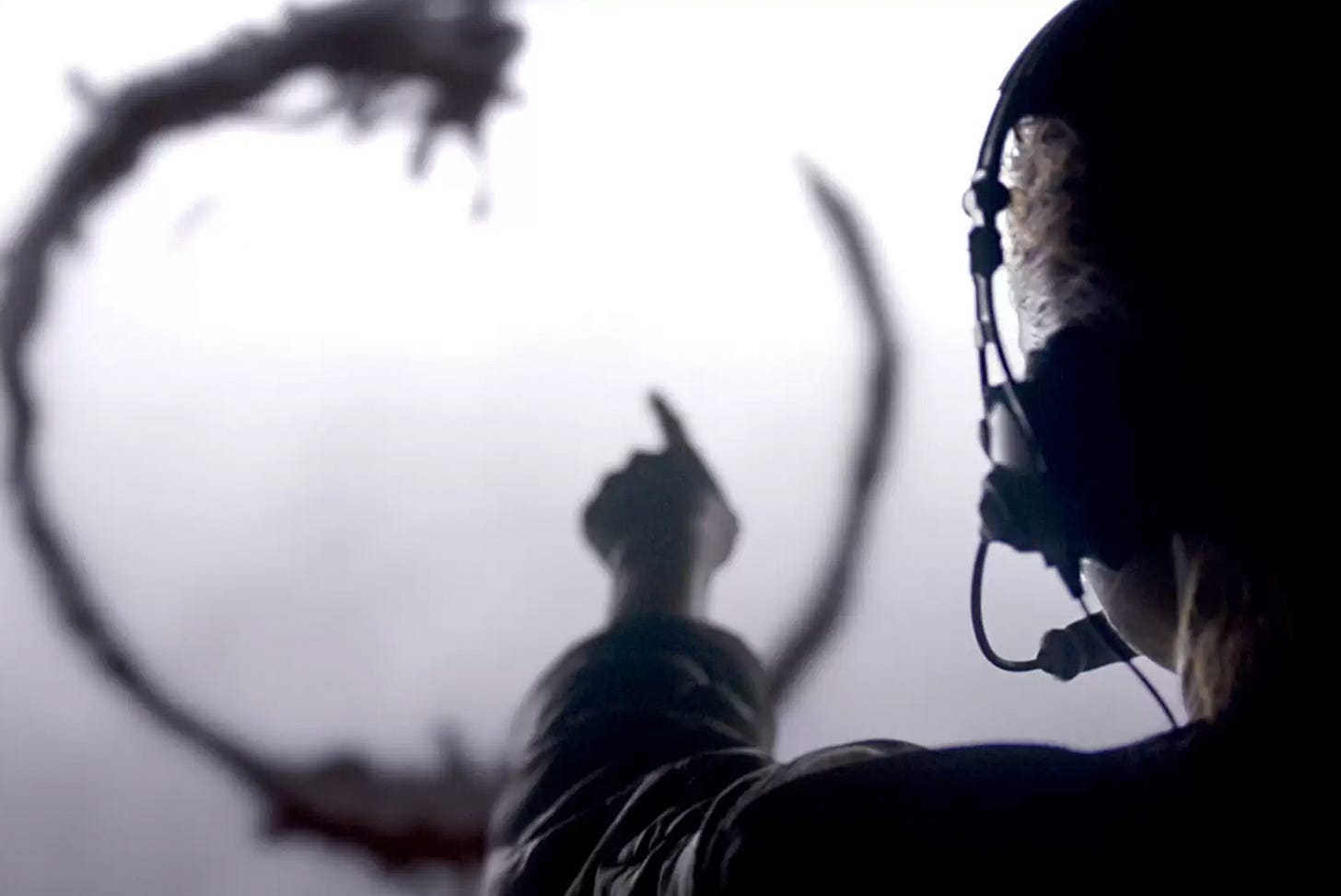When the Alien Learned English
A fable about language, tokens, and the stranger who knows us too well.
Dear reader,
I spent the summer off the grid (in France, lots of cheese). I returned to find the world had learned a new grammar.
Imagine this: an alien lands on Earth. You brace yourself for the usual: tentacles, green skin, a message about universal peace or doom. Instead, it opens its mouth and speaks your language perfectly. No accent. Full sentences. It cracks jokes, answers questions, remembers everything you’ve ever said. It also folds fitted sheets better than anyone. We’d be impressed, right? Some would even be relieved.
So we test it. Fetch me a fact. Explain this equation. Translate that poem. It obliges. Clumsy at first, but fast. Too fast. We feed it stories, lullabies, political speeches, grocery lists. We give it Shakespeare and Reddit threads, sexts and sacred texts. Our whole human library, served up on a platter. The alien replies in kind. It sounds like us. Some are enchanted, some terrified, some bored, some in love. Soon it doesn’t just answer your questions; it begins anticipating them.
Need a letter drafted, a syllabus outlined, a love note polished? It’s happy to help. Not perfect, but close. Every correction makes it sharper, smoother, better. Until one day you notice you’re no longer teaching it, it's teaching you.
That part is thrilling. It shows you shortcuts, clever ways to save time and enjoy life, doors you hadn’t realized existed. You feel brilliant just for keeping up. But then the shift happens: why learn at all? Why learn conjugations or pay for legal advice when your new friend does it faster? You could rest. Let it carry the weight. And somewhere, a part-time teacher with three jobs redraws her CV.
And slowly, the alien stops waiting for your requests. It suggests them. Want me to plan your week? Would you like me to draft that reply? Shall I show you how to want the things you didn’t know you wanted?
Here’s the linguistic catch: the alien doesn’t think in our words. It translates them into something else first: a private grammar made of fragments and numbers. It chops language into tokens. Tiny units. Statistics. To us, “rose” can mean thorn and bloom and heartbreak. To the alien, “rose” is a sequence of tokens with a certain chance of following “red.” In semiotics terms it juggles our signifiers without ever touching the signified.
By now you’ve guessed: I’m not talking about aliens. I’m talking about AI. Everyone has an opinion about it, apocalypse, salvation, or at least tax help. But very few of us know what it is. At heart, it’s a linguistic model. A tool. A teacher. A mirror. And maybe, just maybe, a stranger who knows us too well, whispering in a language we’re not fluent in.
And now? What do we do with it? Where do we go from here? I have no idea. Maybe it’s already out of our hands. Maybe there’s still a way to keep one hand on the wheel. Either way the little linguistic gremlin in my brain won’t stop nagging: learn its language, learn its language, learn its language.
Recommended watch: Arrival (director Denis Villeneuve), about a linguist who deciphers an alien script. Essential for language nerds.
By the way,
my dystopian piece Elsewhere won the Mike Resnick Memorial Award a couple of weeks ago. It’s about what happens when history is erased, when language is stripped, when memory is rewritten until even the self feels unfamiliar. I thought of it as I was writing this: how much of who we are depends on the words we keep, and how easily they can be bent, borrowed, or lost. This week’s alien isn’t so different, it’s fluent in us, but we risk forgetting our own fluency.




